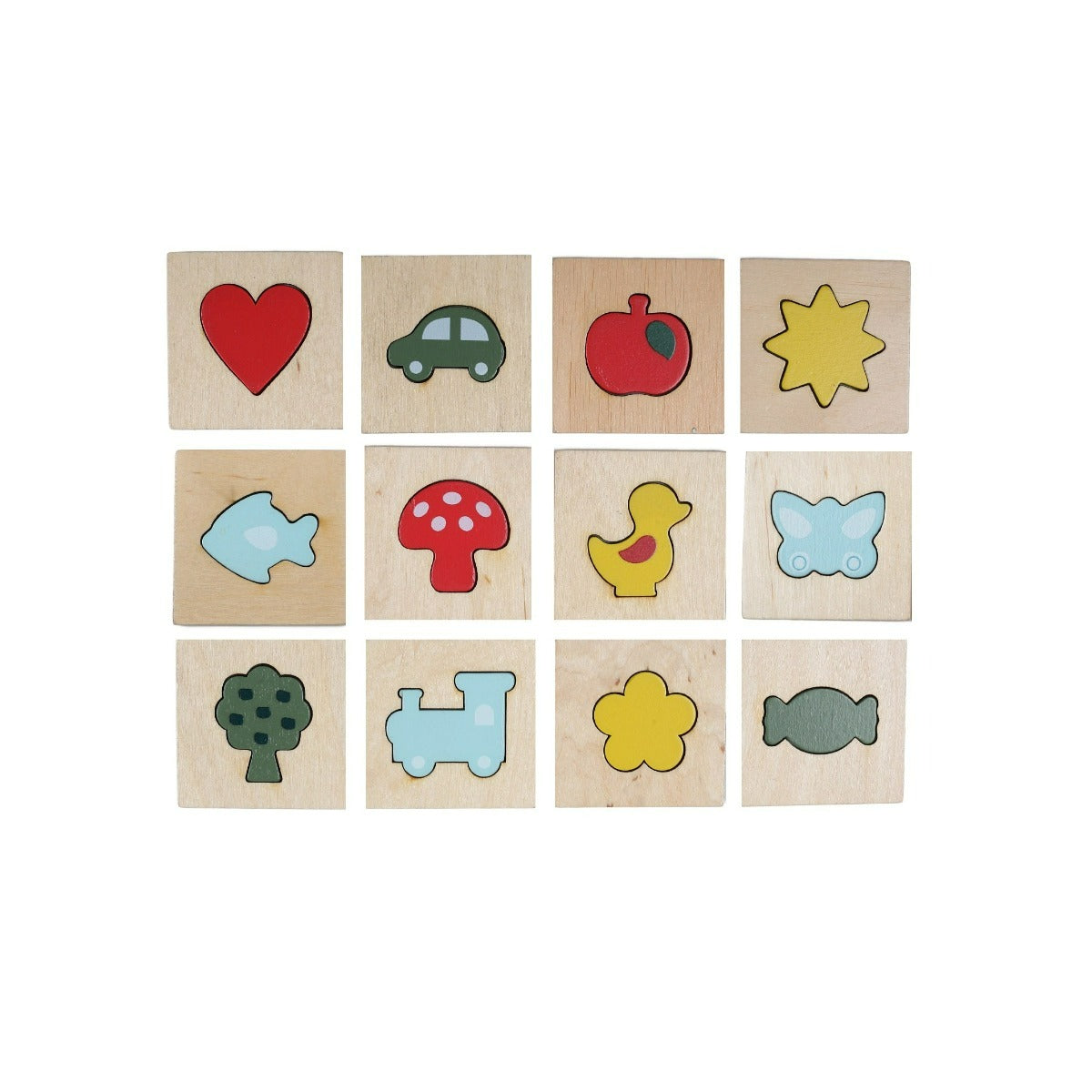Life Skills for Kids

One of the most important parts of our job as parents or educators is to ensure our kids receive a good education – one that provides them with the firm foundation they need in order to succeed in their life.
When it comes to ensuring your kids get a good education it’s easy to focus on academic basics like reading, writing, mathematics, science, and other important subjects. There is certainly no arguing that these basics are extremely valuable–no matter what field our kids choose to enter into in the future. However, beyond these academic basics, our kids also need some basic life skills that will enable them to put this pedagogical prowess to solve problems they encounter, work well with others, develop stronger communication skills, and much more.
Even if kids are amazing at academics, they need important life skills to help them put this knowledge to good use! This can be achieved by focusing on imbibing life skills in children.
Life skills go hand in hand with development, and can help your child succeed later in life including school, relationships and work.
These skills are sometimes described as “learning to learn” skills, which can be developed through intentional daily activities.
Below, we explore the seven essential life skills and offer some simple ways to nurture them.
At Toyroom, we try and focus on imbibing these skills through play
These are the 7 important Life Skills:
- Focus and Self-Control
A great way to incorporate these in kids is schedules and routines to create a feeling of security. This can greatly help with inculcating learn self-control and focus. Talking to children about what to expect each day can be very calming. Getting kids help in organising their rooms and play spaces, sharing ideas on where to put shoes, coats, and personal belongings can help them be more organised and feel more in charge. We live in a noisy, distraction-filled world, so quiet activities like reading a book, enjoying sensory activities, or completing a puzzle together can help your child slow down and increase focus. Games that teach taking turns and introduce children to rules to play are a great resource for these skills.
- Perspective-Taking
Thinking about another’s point of view doesn’t come naturally to most children, but it can be developed. Discuss characters’ feelings and motivations in the books you read, e.g., “I wonder why the ants weren’t keen on sharing their food with the grasshopper. How the grasshopper must have felt? Make observations about how others are feeling, e.g., “Aryan was really sad that he didn’t get a turn. I wonder what we can do to make him feel better.” Pretend play sets are a great way for them to work on these skills.
- Communication
Children need high-touch personal interactions every day to build healthy social-emotional skills, including the ability to understand and communicate with others. While the pace at which they develop these skills may vary, children need to learn how to “read” social cues and listen carefully. They must consider what they want to communicate and the most effective way to share it. Just talking with an interested adult can help build these skills. Spend time every day listening and responding to children without distractions is very important. Sensory games and puzzles, games like Simon Says and Chinese Whispers, are great to introduce kids to this skill through play.
- Making Connections
True learning, occurs when we can see connections and patterns between seemingly disparate things. The more connections we make, the more sense and meaning we make of the world. Young children begin to see connections and patterns as they sort basic household items like toys and socks. Simple acts, such as choosing clothing appropriate for the weather, helps them build connections. Point out more abstract connections in life, or in stories you read, e.g., “This book reminds me of our vacation in the mountains.” Puzzles, STEM toys, nature walks and outdoor games are excellent to hone these skills.
- Critical Thinking
We live in a complex world in which adults are required to analyse information and make decisions about myriad things every day. One of the best ways to build critical thinking is through rich, open-ended play. Make sure your child has time each day to play alone or with friends. This play might include taking on roles (pretending to be fire fighters or super heroes), building structures, playing board games, or playing outside physical games, such as tag or hide-and-go-seek. Through play, children formulate hypotheses, take risks, try out their ideas, make mistakes, and find solutions — all essential elements in building critical thinking. Toys like marble runs, mazes, puzzles are great resources in building these skills.
- Taking on Challenges
One of the most important traits we can develop in life is that of resilience —being able to take on challenges, bounce back from failure, and keep trying. Children learn to take on challenges when we create an environment with the right amount of structure — not so much as to be limiting, but enough to make them feel safe. Encourage your child to try new things and allow reasonable risk, such as climbing a tree or riding a bike. Offer a new challenge when they seem ready, e.g., “I think you’re ready to learn to tie your shoes. Let’s give it a try.” Focus more on effort than achievement, e.g., “Learning to tie your shoes was really hard, but you kept trying. Similarly, these can be incorporated through play as well. Open ended toys are ones that grow with the child, so starting with basics like colour and shape recognition or making simple 2D formations with a set of blocks and then moving on to more complex building like houses/ castles with the same set, makes kids feel very confident.
- Self-Directed, Engaged Learning
A child who loves learning becomes an adult who is rarely bored in life. To encourage a love of learning, try to limit television and encourage plenty of reading, play, and open-ended exploration. Model curiosity and enthusiasm for learning in your own life by visiting the library together, keeping craft supplies, making games available, and allowing for some messes at home.

